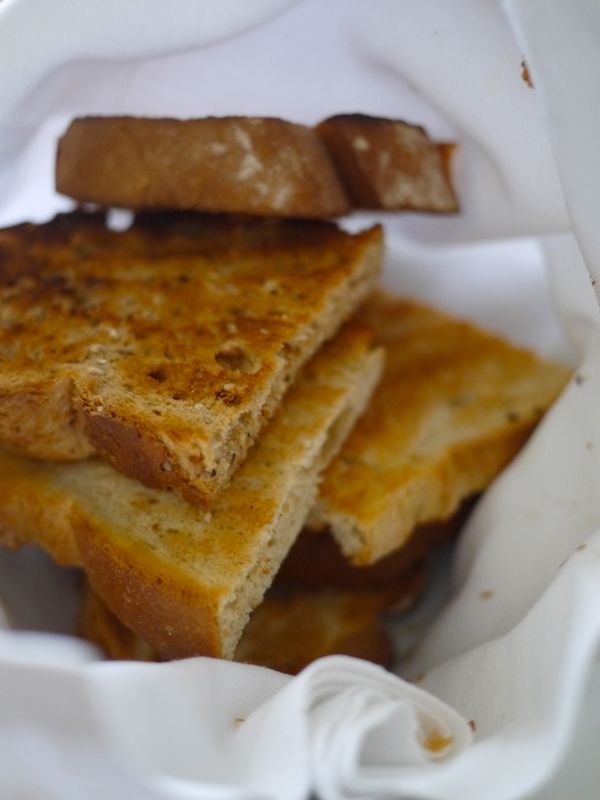
LENA'S SACRIFICE AND REWARD.
"WHAT 'oo inking, sister Lena? Your eyes are looking 'way off into the fire!"
The only sounds to be heard in the kitchen, besides Nellie's voice, were the hum of the boiling tea kettle and the kitten's contented purr.
Lena sat before the bright fire, toasting bread, one slice at a time. She was watching it carefully that it might be done just a delicate brown, even if her eyes were, as Nellie had said, "ever so far away."
She was deciding a very important question, turning it over and over again, and trying to find out exactly what God wished her to do about it. Her aunt, who lived in Boston, had invited her to spend the winter with her, promising to send her to school, and give her music lessons, if she would come.
She was passionately fond of music, and to have a piano was the greatest wish she had in the world.
Then, to have plenty of books to read, to see beautiful pictures, to go to concerts and lectures,—oh! How like a fairy dream it all would be to the little country girl of fourteen, who had but once in her life been far beyond the boundaries of the small village in which she had been born. Had not God heard her childish petitions offered in faith? Was not this his answer?
On the other hand, there were five children younger than she, and no servant to help her mother. It was Lena who washed the five little hands and faces so many times every day. It was Lena who set the tables and washed the dishes, and made the beds, and tidied up the rooms, before and after school. It was Lena to whom the children came for a thousand things. It was Lena who soothed the crying baby, and righted the children's quarrels, and taught her little brothers and sisters to be helpful and kind and loving.
What could God mean? What did he want her to do? If she only knew!
Somehow, as she toasted the bread, it all grew plain before her. She had asked God to tell her so that she might feel very sure; and, louder than the hum of the tea-kettle, she heard the still, small voice in her heart, saying,—
"If any man will come after me, let him deny himself, and take up his cross and follow me."
"Yes, " she thought, "Now I know just what you want me to do, dear Lord. Good-by, dreams. Good-by, music and books and lectures, and the long happy winter in Boston. I will be brave and happy about it, for thy sake, dear Lord, for thy dear sake."
The bread was all toasted at last; enough big slices to satisfy the five little mouths, her father's and mother's, and• her own. What a big plateful they made! The children's eyes shone as she set it on the table, and her mother smiled fondly at her oldest girl, whose place was always beside her.
It seemed to Lena as if her eyes said, "How can I spare you, little daughter?" And in her heart she answered,—
"You'll not have to, little mother mine." Late that night, after Lena was sleeping sweetly, her father and mother sat before the kitchen fire, busily talking.
"We must contrive some way to let the dear child go," said her father. "The advantages are too great to be missed."
"Yes," said her mother, "and she has been so good and patient and self-sacrificing. I wonder if Martha would not come and stay with me? I could do nicely if I had her."
"I'll drive over in the morning and see." When dinnertime came the next day, Lena found a folded paper upon her plate. She tore it open hastily, and read these words in her father's handwriting,—
"Our, dear little daughter may go and welcome, for Aunt Martha is coming to stay with mother.
FATHER."
"Oh, mamma, dear mamma! I'd given it all up.
Oh, is it really, really true?"
"Yes, daughter, " answered her mother, kissing her fondly.
"I believe God always ends by granting our requests."
—M. E. B.
in Well-Spring.